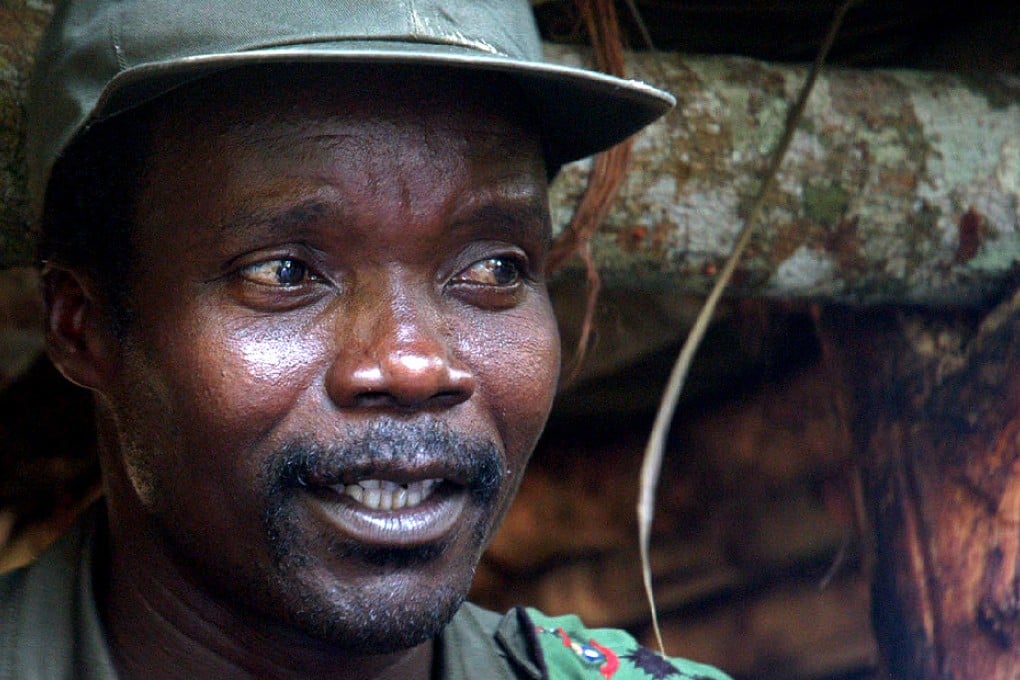Warlord Joseph Kony hunted in the Central African Republic, UN envoy says
Capture of Kony is “coming pretty soon" United Nations envoy for Central Africa tells Security Council as search for warlord responsible for kidnapping and maiming children continues

African troops searching for Lord’s Resistance Army (LRA) leader Joseph Kony are concentrating on the Central African Republic although the notorious rebel commander indicted for war crimes keeps moving in and out of Sudan, South Sudan and Congo as well because he knows he’s being tracked, a UN envoy said on Monday.
Abou Moussa, the UN special representative for Central Africa, told reporters after briefing the Security Council that he thinks the capture of Kony is “coming pretty soon the way we are going”.
“We have troops who are tracking him on a daily basis.”
Last month, African troops captured an LRA lieutenant known as Charles Okello and rescued about 10 civilians, including seven children, who had been abducted by the rebels. In February, Uganda’s military said Okot Odhiambo – who was the LRA’s No 2 commander behind Kony – probably died after an attack late last year in the Central African Republic, known by its initials CAR.
A presidential statement approved by all 15 UN Security Council members took note of Secretary-General Ban Ki-moon’s latest report, which said senior LRA leaders are believed to be based in the northeastern CAR. It said “credible sources” indicated that Kony and senior commanders recently returned to seek safe havens in Sudanese-controlled areas of the disputed Kafia Kingi enclave on the border between the CAR, South Sudan and Sudan.
Moussa said Kony may have been seen in Kafia Kingi but his method of operation is to spend today there, and go to South Sudan or elsewhere tomorrow, and keep on the move because “we have troops who are tracking him on a daily basis”.

He added that he had spoken to Sudan’s UN ambassador who said “they are not harbouring Kony” and that Kafia Kingi “is no-man’s land”.